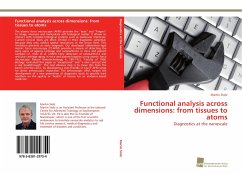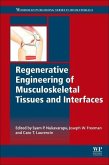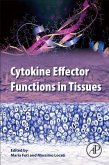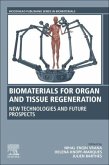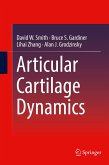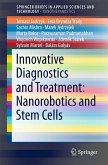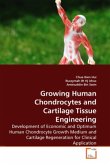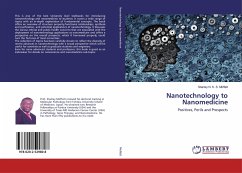The atomic force microscope (AFM) provides the "eyes" and "fingers" to image, measure and manipulate soft biological matter. It allows to interact with complex biological systems such as molecular machines. Current clinical tools are often limited in their diagnostic potential, because they only exhibit spatial resolutions at the tissue level. This limitation prevents an early diagnosis. Our developed indentation-type atomic force microscopy (IT-AFM) provides a means of detecting the early signs of ageing cartilage and osteoarthritis in mice and patient samples [cf. Stolz et al. (2009) Early detection of osteoarthritis and articular cartilage aging in mice and patient biopsies using atomic force microscopy. Nature Nanotechnology 4, 186-192]. 'Faculty of 1000 Biology' evaluated this paper as "exceptional" and "a new concept and a real breakthrough". The next obvious step is to move this from the bench into the clinic, by developing a user-friendly in situ IT-AFM setup for direct arthroscopic inspection. The arthroscopic AFM, targets the development of a new generation of diagnostic tools to provide hard numbers on the quality or 'health' of tissues for an evidence-based medicine.

